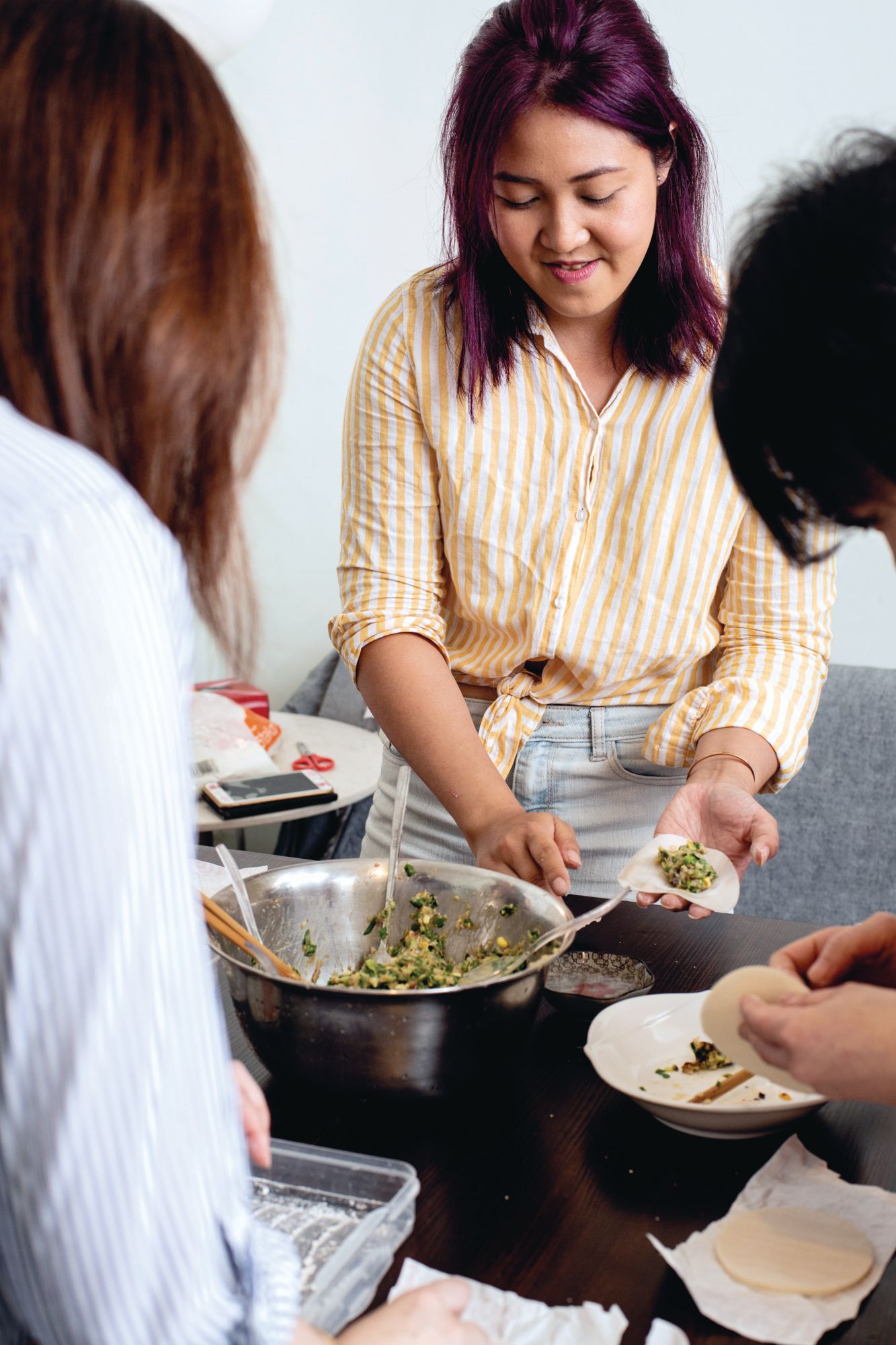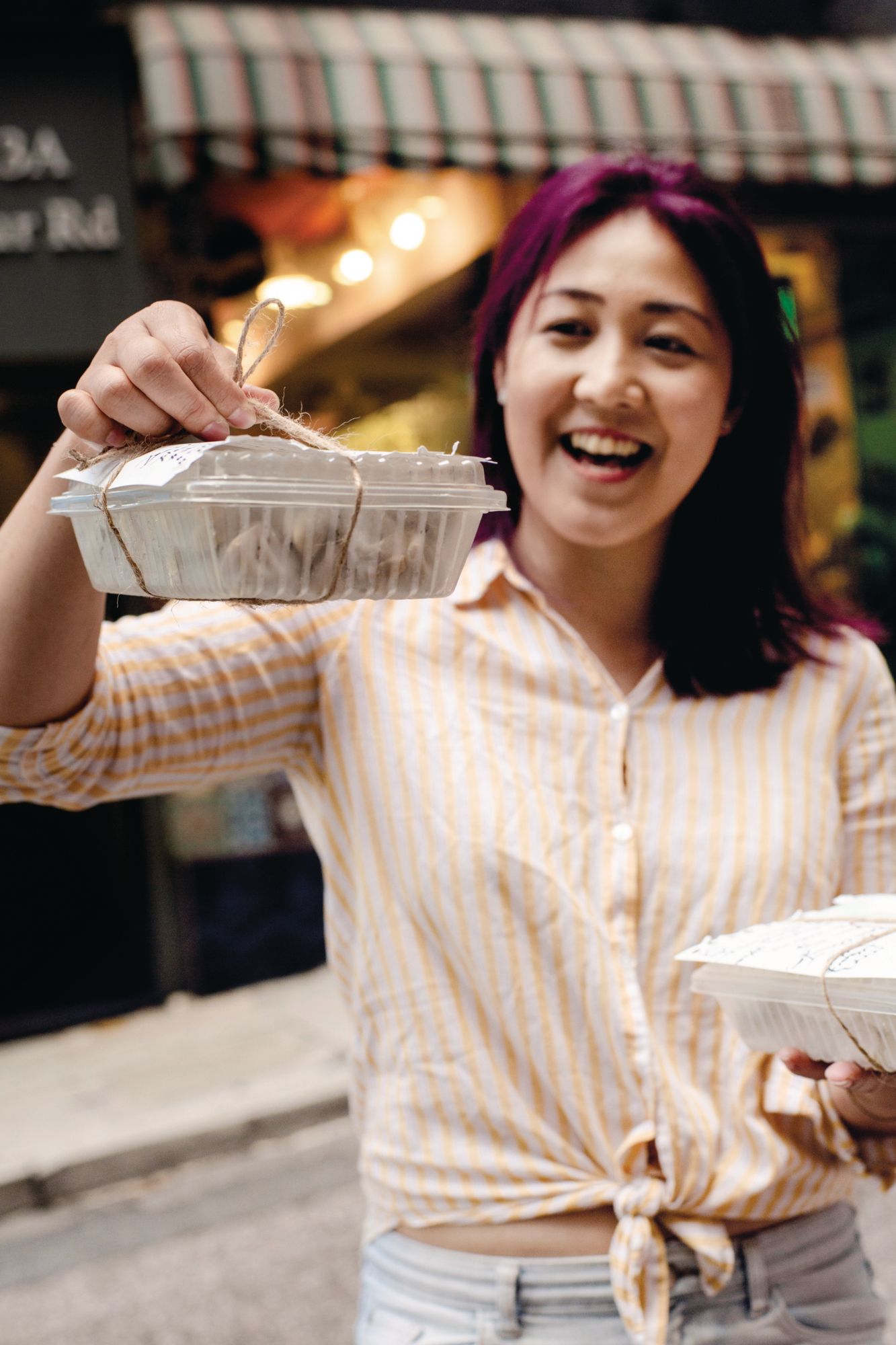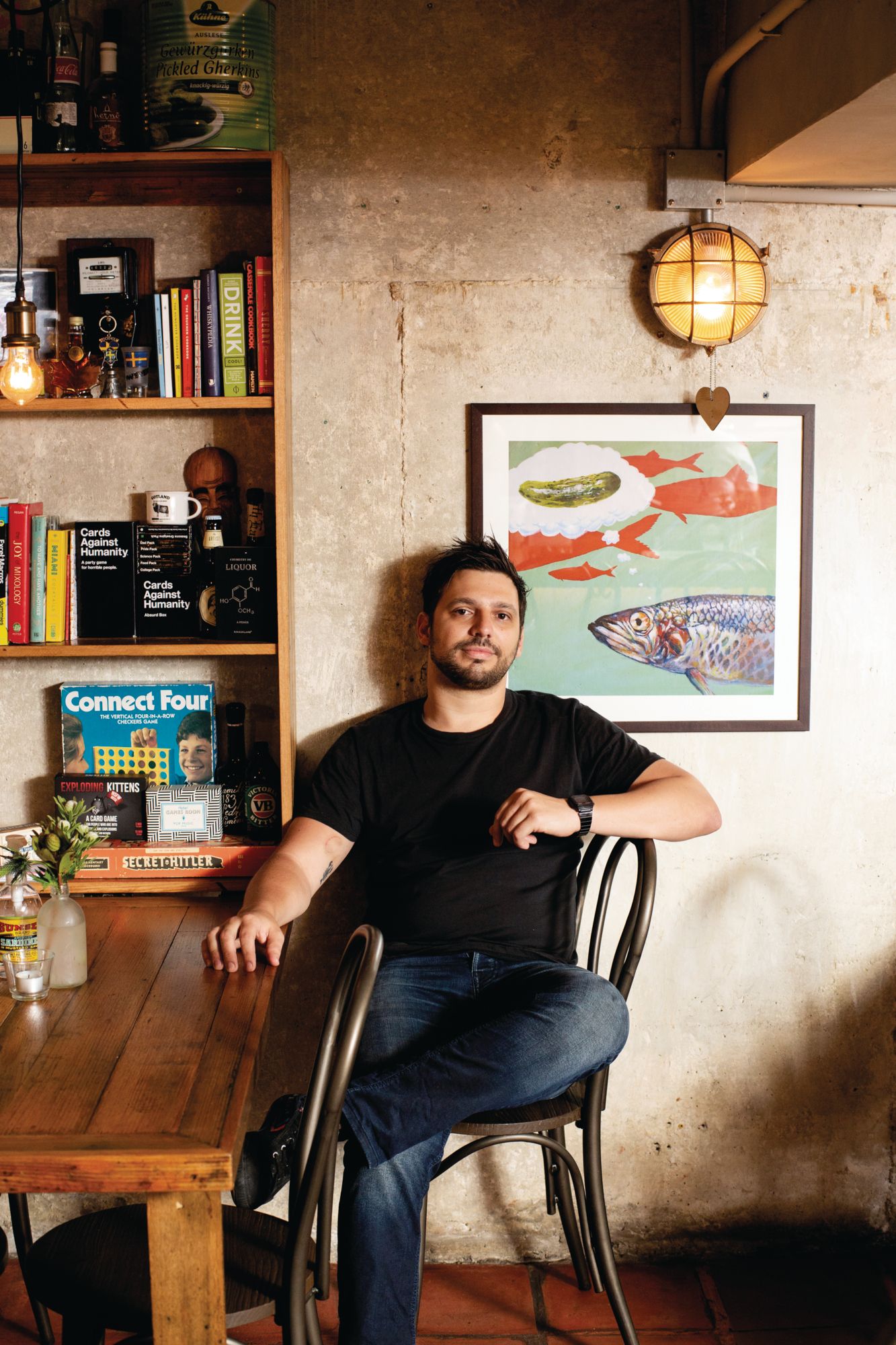Faced with uncertainties in the age of Covid-19, Hong Kong’s restaurants and bars are banding together in ways never seen before. Tatler takes the temperature of an industry using every ounce of its resilience and creativity to keep things together
Since the beginning of April, little care packages of handmade dumplings, neatly tied with twine, have been delivered to more than 50 bars and restaurants around Hong Kong. Each parcel is personalised with an encouraging message painted on a haphazardly torn piece of art paper, almost still damp with its swaths of glorious watercolours, many depicting the fond little details that remind Imelda Ng, their author, of the recipients: a cheerful trio of tropical fruits for Max Traverse, owner of Hong Kong tiki bar Honi Honi; on the parcel marked for Duddell’s, a woman in a jade-green cheongsam enjoying dim sum.
In just over five weeks, Ng, the assistant bar manager at Caprice Bar in the Four Seasons Hong Kong, has made more than 2,200 dumplings for her peers in her spare time. What started as a single act of kindness to offload extra dumplings from experiments in her own kitchen has since turned into a much bigger project to inject the city’s bar scene with positivity and human connection. Its name, “Meowmo”, is inspired by Ng’s three cats, as well as the after-hours Nepalese momo dumplings that are a firm favourite among bartenders.
See also: Visualising The Impact Of Coronavirus On Hong Kong’s F&B Industry


Challenging times
Her gesture couldn’t have been better timed, either.
On April 2, just hours after Ng decided to expand her offering and send out dumplings to as many bartenders as possible, the Hong Kong government announced a two-week closure of bars and clubs to combat the spread of Covid-19.
“I immediately got to work with three friends wrapping up all the dumplings,” recounts Ng. “My kitchen was a mess.” That night, she visited eight bars to drop off boxes of dumplings, witnessing the sorry state of Hong Kong’s F&B scene firsthand. “Some bars were already shut because business was so slow, but somehow staff were still working behind the scenes,” she says. “At some bars, there were nearly no customers—or maybe one or two friends of the bartenders at most. They’d tell me about how they’d been handling the news and shared what they have been working on to survive.”
By the time Ng arrived at her final stop—visiting colleagues at her own workplace at the Four Seasons—the remaining cooked dumplings were cold and soggy. But they still ate them, grateful for her efforts.
See also: How You Can Help Save Your Favourite Bar






